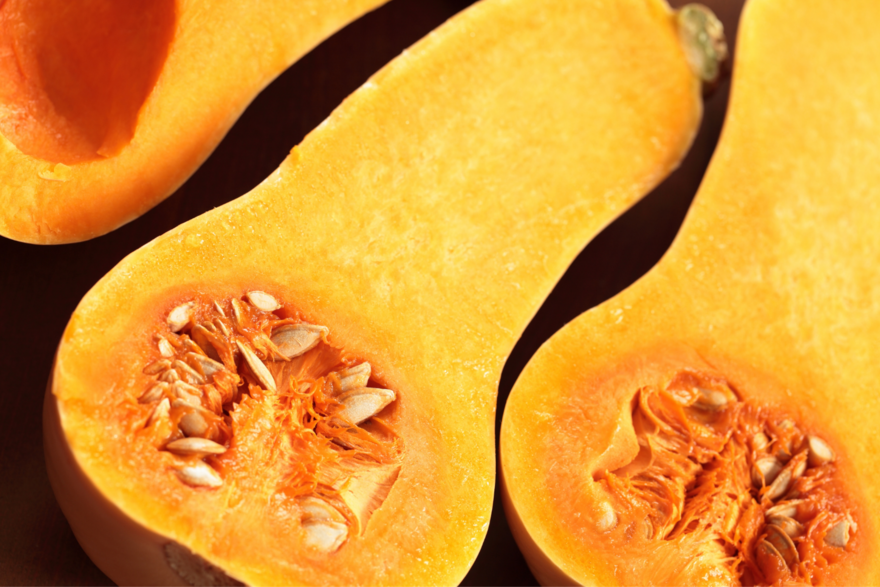Writing: a powerful probiotic.

Did you know that you have another brain in your belly? It’s true. I feel like I must have read an article about abdominal brain studies in Women’s Health or on someone’s Facebook page a couple of years ago, but for some reason, I didn’t follow up on it back then. As it happens, it followed up on me.
My neighbour on Toronto Island, where I’m living this winter, wrote and published a whole book about our second brain, and how our body is even more intelligent than we give it credit for. (If you’re interested, you can read a fascinating interview with him here in The Sun Magazine.) In brief: there’s a web lining your gut that contains more than 100 million neurons. Neuroscientists call this neuro-mass the enteric nervous system — and, cool fact — there’s a field of study called neurogastroenterology.
Apparently (I don’t want to know how they know this), you can sever the nerve that connects your two brains – cranial and abdominal - and the brain in your gut will keep doing its job. That job, by the way, is way more complicated than just digesting your banana oat muffin. It’s also important for it to release a swirl of butterflies in your stomach when you think about, say, getting on a plane to meet that girl in Austin.
Obviously, all of this is not news to many of us. Because it makes sense: our gut is where we have always felt instinct. As creative writers, we’d be nothing without our instinct. The problem is that as creative writers, we’d also be nothing without language.
Language is something that our top brains are really good at. Our top brains are language experts. We have mastered the art of naming things. We’re almost too good at it.
Language creates a perceived subject/object relationship with a word and its meaning. This is also known as “thinking abstractly.”
In other words, using language = separating oneself from the world.
But to create our art through story, scene and character, we must invite our second brain to the task as well. It is when writing with our abdominal brain — using our gut feelings — that we can experience concrete, sensory detail, and transfer those experiences to our readers.
Using language this way = connecting ourselves to the world.
All of this makes so much more sense than the earlier way creatives described this balancing act – you know, the old left brain/right brain relationship. (Story Is a State of Minders, you know all about my sides-of-the-brain obsession! Maybe I will update SSM version 2.0 one day and add this upper/lower brain theory to it).
Ultimately, it’s not about one or the other. You want to use both brains — upper brain and lower brain — in your writing. But you want to use each of them in the right way.
Don’t ask your top brain to be your instinct.
You will make it crazy, overthinking what it cannot know. Instead, ask it to please avoid adverbs and to put the periods inside the quotation marks in dialogue, and to indent paragraphs and stick to the word count the contest requires. And if it really likes direction and productive box-ticking, give it my daily prompts.
Don’t ask your lower brain to be your editor.
You will give it a tummyache. Syntax, grammar and spelling is just not what it cares about the most. Instead, ask it to help you feel the foreboding shadows in a room. Ask it to show you what it feels like to be someone who is expecting a surprise birthday party. Ask it to describe a lemon tree, a mandolin solo, a man wearing red shoes, or the scent of smoked paprika.
You have to practice giving each brain the right kind work to do, and the space and time to do it the way it each needs to do it. They operate differently, and that’s part of their beauty.
The abdominal brain works with white space and clear swaths of “unproductive” time: that’s how you can hear what your instinct is telling you. The top brain is ever-eager to get started and get finished and put things into the right file folders and do it all correctly. If you haven’t already, download my top brain writing guide, The Incomparable Short Story, to give your top brain some productive things to do while you’re writing.
You know that feeling you get when you can see something in your story coming towards you in the form of an image? Maybe it’s a piece of blue wallpaper, or a chipped figurine of a duck, or a bundle of celery in a grocery basket. Whatever it is, it wasn't there, and then suddenly, it was. You didn’t imagine it — you saw it.
So you write it down. And then the craziest thing happens: you see more of the scene. And more. And more. The less you interfere with the story — that is, when you don't use your top brain to separate yourself from the images as they appear — the more your story reveals itself to you.
Gut for the win.
xo,


10 comments
Leave a comment